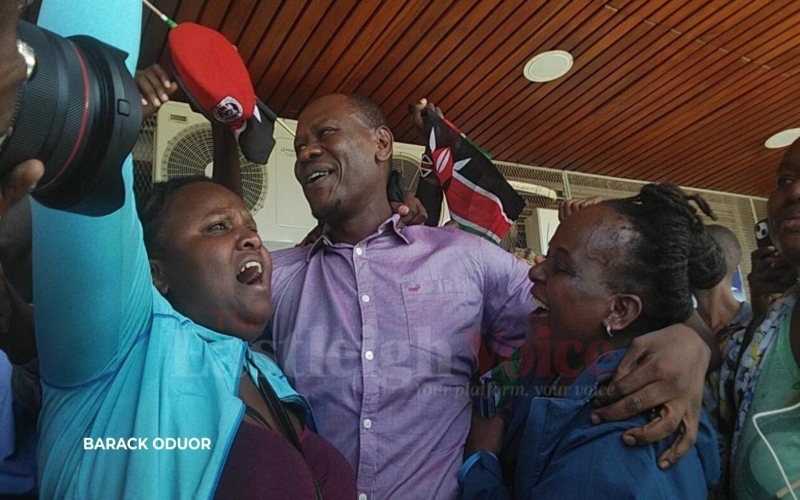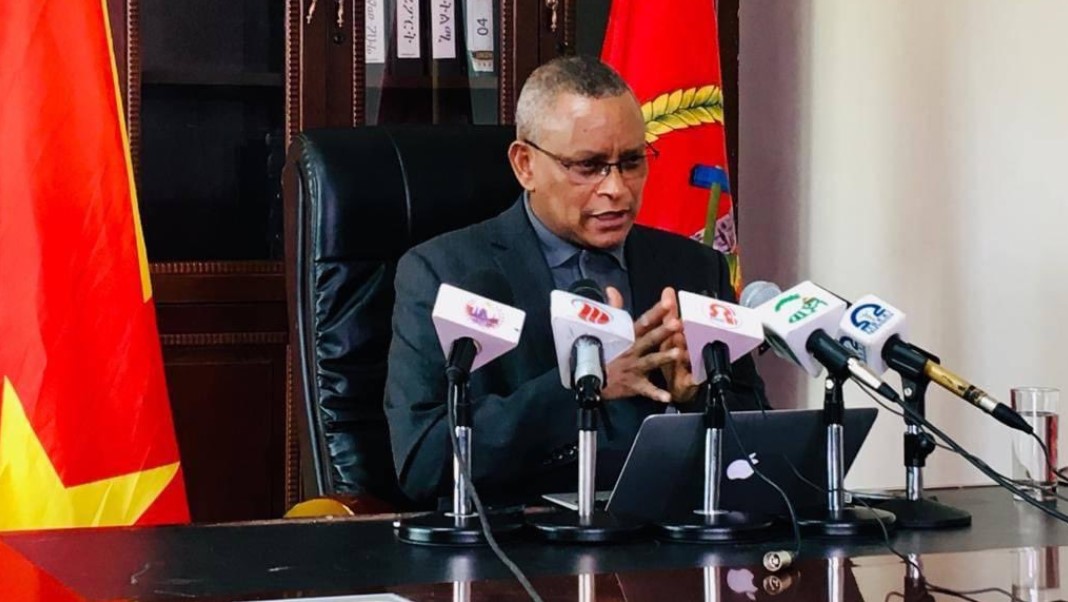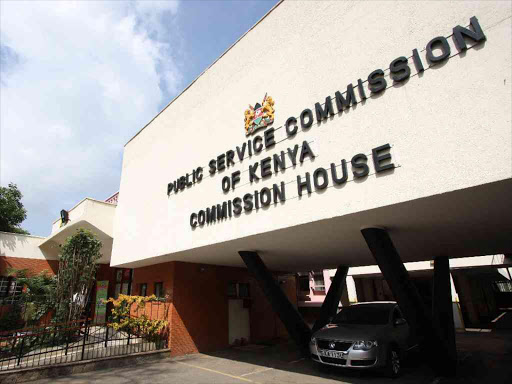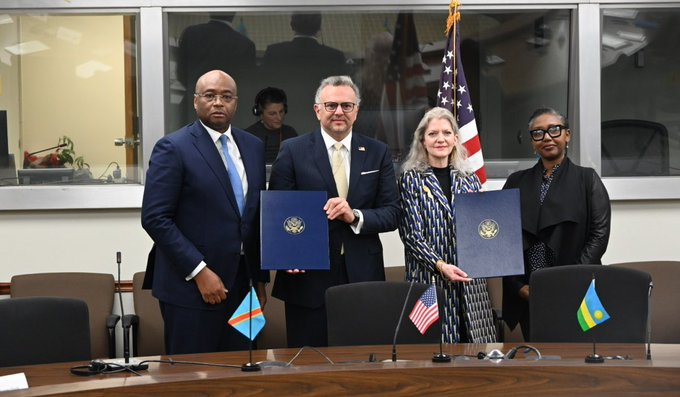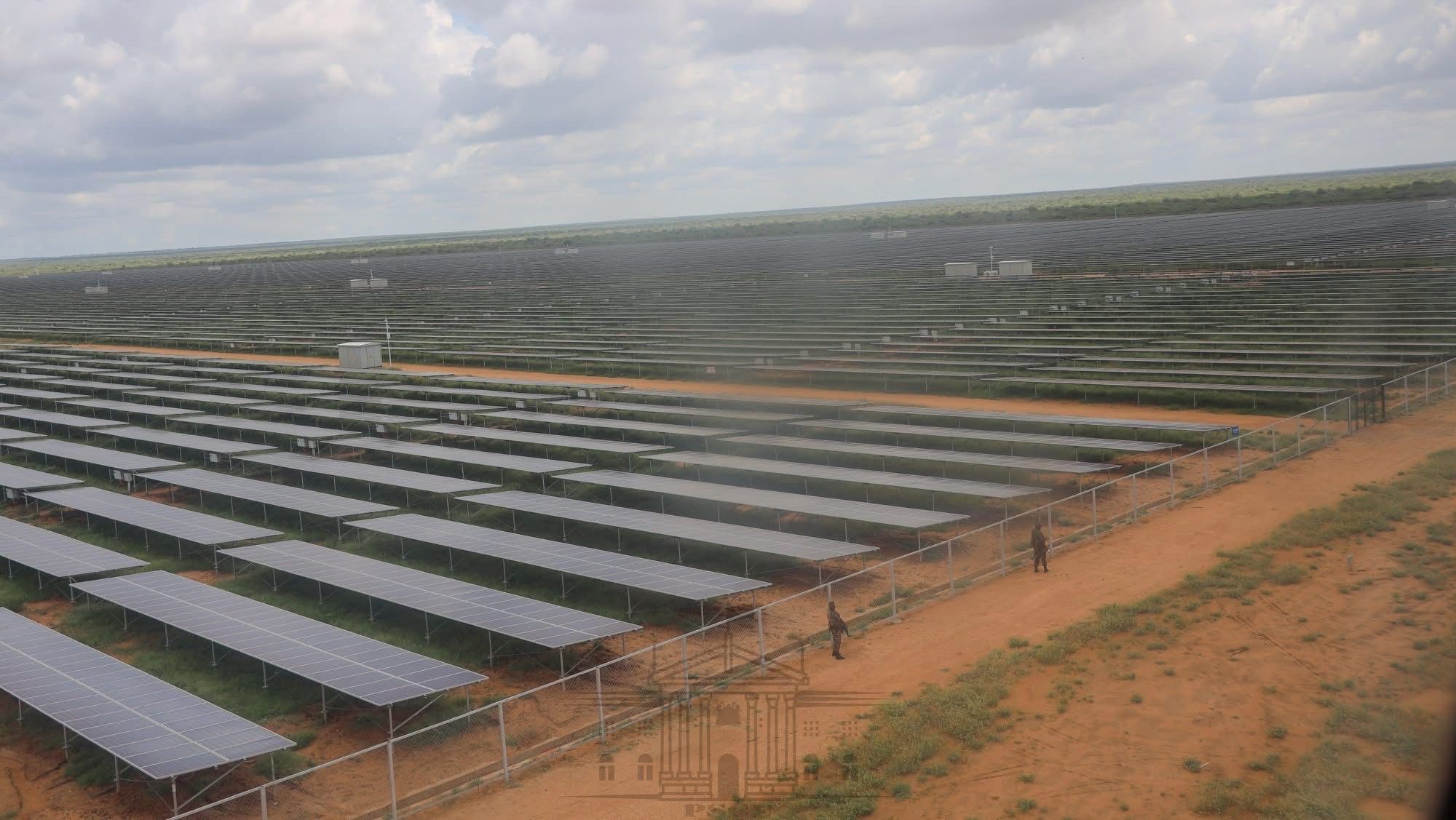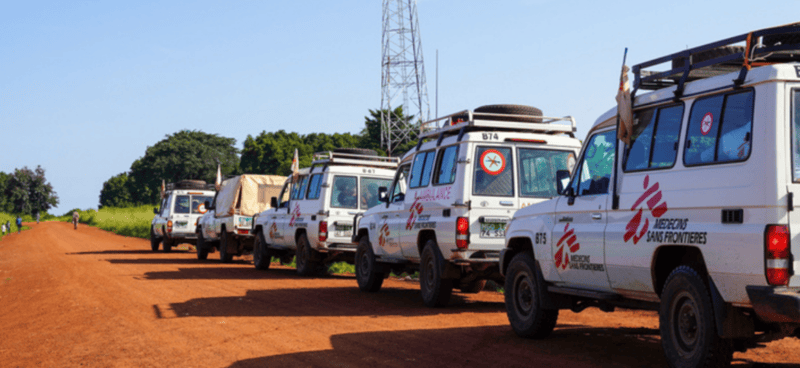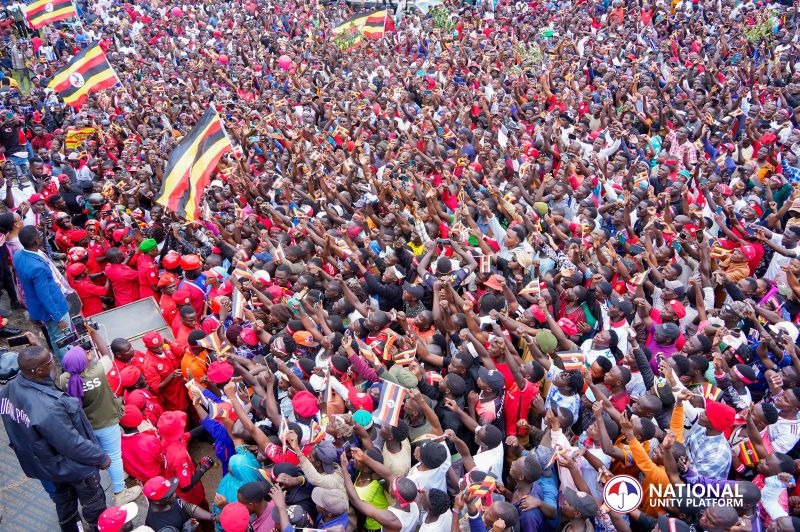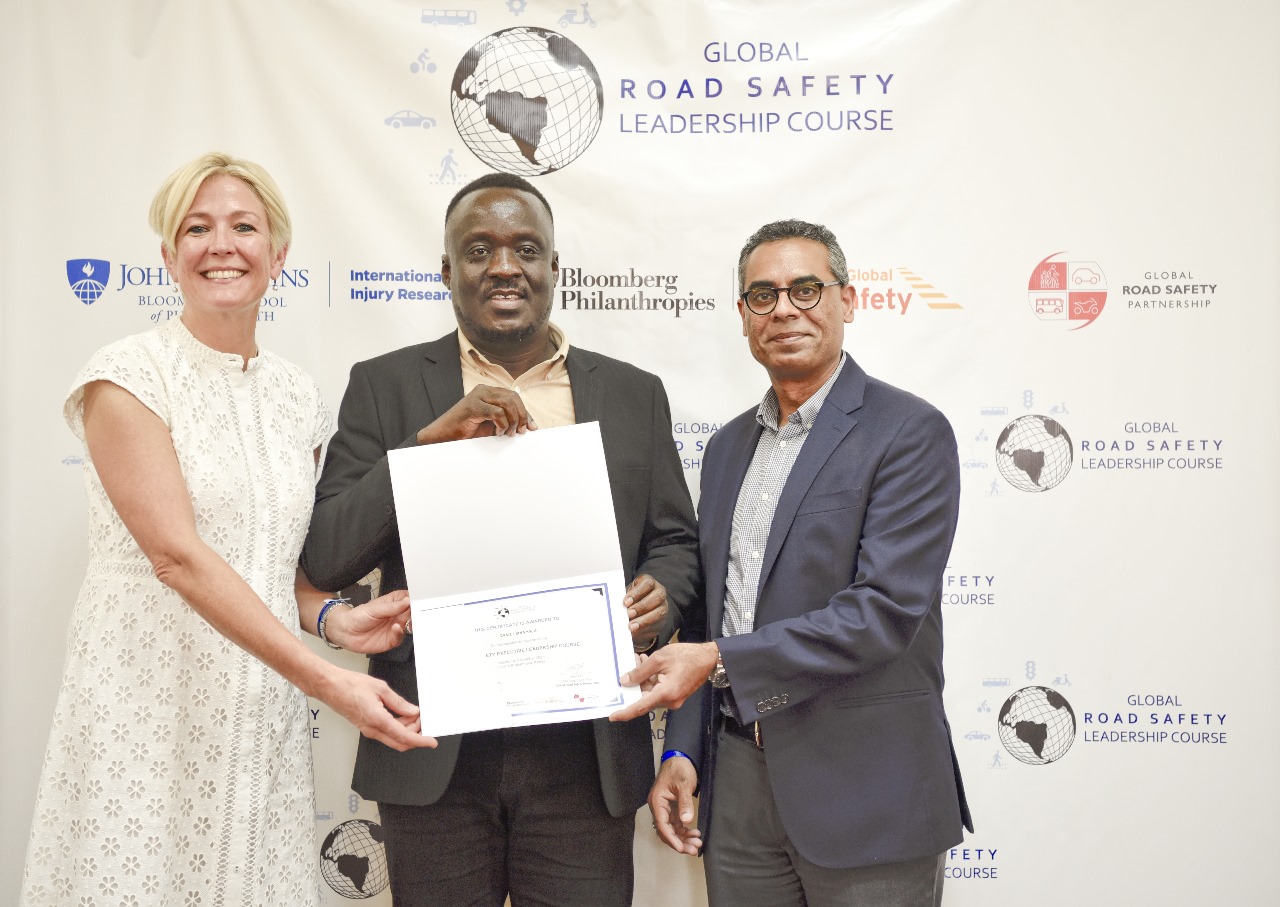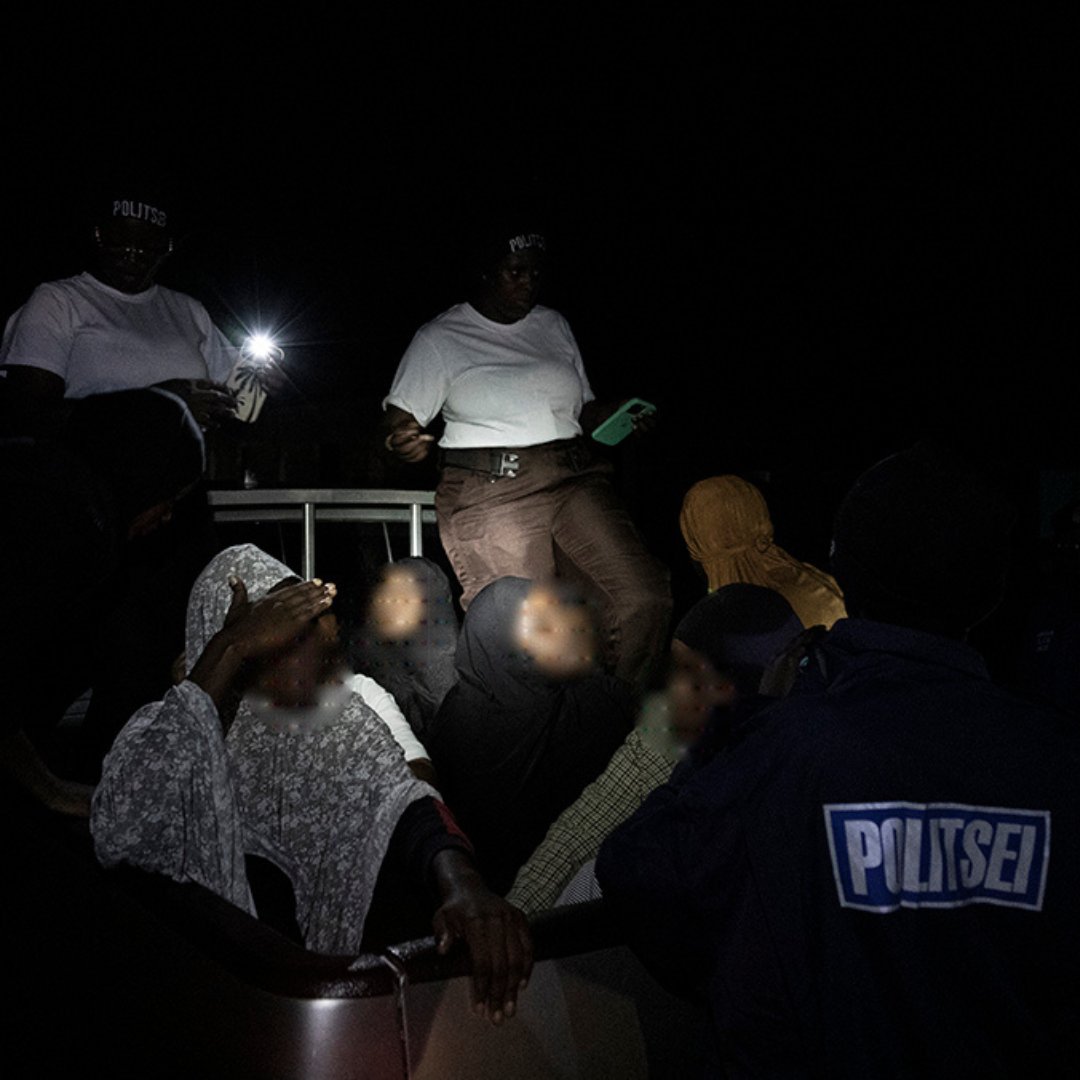Mombasa tuk tuk drivers helping free women from shackles of SGBV
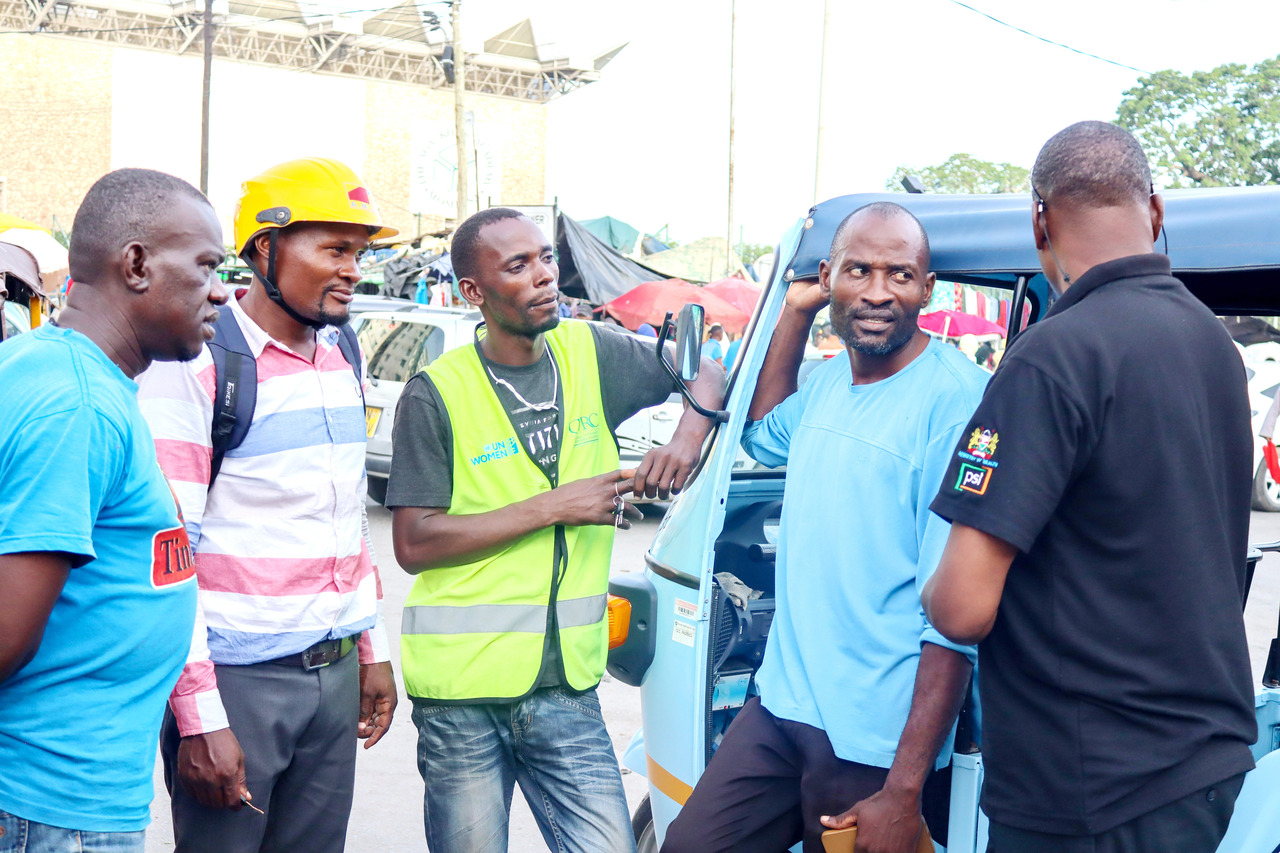
They volunteer their services to transport survivors, offering immediate and crucial support in times of distress.
It is 8 am on a Saturday, but for MM (not her real name), a survivor of sexual and gender-based violence (SGBV), it is the start of another crucial day. As we board her tuk tuk, MM's resilience is immediately apparent.
For the past eight years, she's been ferrying passengers across the streets of Mombasa. Yet, MM's mission goes beyond these routine rides. She has become a beacon of hope, rescuing and supporting other SGBV survivors.
More To Read
- Senator Hamida demands action over child sex trafficking in Maai Mahiu
- Culture of silence fuels online abuse against women in Kenya - report
- Digital platforms fuel sexual exploitation of women in Kenya - report
- Mombasa turns trash into opportunity through historic Sh17 billion waste management partnership
- Joho asks court to dismiss petition challenging his suitability for public office
- Mombasa cracks down on illegal dumping of construction waste
"I remember the day vividly. A fellow tuk tuk driver’s child, just two years old, had been raped. The family was devastated, not knowing where to turn to for help. That is when I realised I had to do more," MM says, her voice filled with emotion.
As a tuk tuk driver, she faces various, like passengers treating her poorly and refusing to pay for their ride. At other times, police officers try to exploit her. But she takes her time dealing with them.
“A customer might call me to pick up their luggage but when I arrive I find unexpected and inappropriate situations, such as the customer not being dressed and trying to pull me into their house,” she says.
She and her colleagues have been enduring these problems for a long time, and as SGBV survivors, they are now openly discussing them and telling their stories to make a change.
MM has always been passionate about helping women, and by attending meetings, she connected with a group of men in the transport sector in Mombasa and, together, they are changing the norms. They work with the Nairobi Women’s Hospital to rescue SGBV victims.
Once at the hospital they are taken care of at the Gender Violence Recovery Centre (GVRC). It was here that we met with MK, another SGBV survivor.
"My 10-year marriage took a dark turn in its seventh year. Suddenly, my loving husband became like a stranger, hurling insults and being violent in front of our child," MK says
MK, who is currently four months pregnant, is terrified about bringing up a child without a father.
“This is my story that I want many people to know because there are many women suffering but cannot speak out. Many say they stay in abusive marriages because of their children. They are beaten and humiliated but cannot leave. I chose to leave. I went to Mvita Hospital and met a doctor who directed me to the Nairobi Women's Hospital for assistance. I was beaten and humiliated while pregnant,” she said.
She reveals she has lost six pregnancies in her abusive marriage.
“Every day I was I beaten; I endured for the sake of the children. I felt it was better to save my soul than endure suffering. He chased me out, saying I should find the person who impregnated me,” MK says.
Working with the Nairobi Women’s Hospital, tuk tuk drivers are challenging stereotypes and joining the battle against SGBV. They volunteer their services to transport survivors, offering immediate and crucial support in times of distress.
Agnew Omanga, the secretary-general of Mombasa Tuk Tuk Association, has been instrumental in forging this partnership.
“We are actively traveling across many counties to create awareness about critical issues using the tuk tuk sector. One significant partnership we have formed is with Nairobi Women’s Hospital, addressing the problem of sexual and gender-based violence. Many people were unaware of SGBV or treated it as a trivial matter,” said Omanga.
He said culture and a feeling of shame often prevent people from reporting such cases, noting there is also lack of awareness about where and when to report incidents.
“Nairobi Women’s Hospital identified these challenges and engaged various sectors including we in the transport industry to create awareness. We must educate the public, encouraging victims to come forward and receive counseling. Psychological impacts of such experiences can be long-lasting, and through this partnership, we aim to raise awareness within the transport sector,” he said.
But how are they doing it?
Omanga explains that, for instance, a tuk tuk carries an average of 500 passengers daily. If a tuk tuk driver displays a banner about SGBV, passengers will read it and learn where to report incidents.
“This simple act can lead to opportunities for offering help. Similarly, a motorcycle carries an average of 300 passengers daily. With approximately three million motorcycles in Kenya, this method reaches a wide audience without using a lot of resources. We proposed engaging tuk tuk leaders directly, ensuring people know where to report problems. We aim to work closely with police stations and health centres, guiding victims to report to the authorities who have the legal capacity to help. Reporting challenges often arise at police stations, especially for men who may face ridicule and may not be taken seriously,” he said.
According to Omanga, many people do not understand the gravity of SGBV.
“They treat it as a taboo topic. But by working with the Nairobi Women's Hospital, we have educated our members and the community about the importance of timely intervention and support."
Omanga's outreach extends beyond Mombasa to other counties such as Homa Bay, Nakuru, Mombasa, and Kilifi. They have also registered organisations and conducted trainings and meetings with leaders to spread awareness.
“Since 2022, we have been collaborating with the Nairobi Women’s Hospital and investigative journalists to raise awareness and highlight cases. We urge the GVRC to identify agents to work with, providing them with legal identification to assist and secure victims, ensuring they feel safe. Victims often fear their rights will be overlooked and evidence tampered with when reporting cases. The victim is the evidence, and preserving and processing this evidence efficiently is crucial. Many victims suffer without justice because they are unaware of the process. Through sensitisation, we aim to prevent perpetrators from easily escaping the law,” he said.
Alberta Wambua, the executive director of the Nairobi Women's Hospital’s Gender Violence Recovery Centre said grassroots collaboration is crucial.
"Since March 2001, we have provided free medical treatment and psychosocial support to over 61,000 survivors. The involvement of tuk tuk drivers has been a game-changer, helping us reach victims quickly and efficiently," he said.
Wambua noted the centre implements an integrated SGBV management model that has attracted both public and private facilities for learning and replication.
“The Gender Violence Recovery Centre works with public transportation providers to use a variety of tactics including raising awareness and assisting victims of gender-based violence. To prevent gender based violence through outreach initiatives, public awareness campaigns and training sessions for transportation staff detect and support SGBV survivors through rescues and appropriate and timely referrals,” he said.
The GVRC operates as an integrated model in nine branches of the Nairobi Women's Hospital, with its headquarters at the Adams Arcade branch in Nairobi.
The Nairobi Women’s Hospital GVRC was established in 2018 and has provided treatment and psychosocial support to 558 GBV survivors up to March 2024.
Of these survivors, 83.9 per cent are female and 16.1 per cent male, with 63.8 per cent experiencing sexual violence and 36.2 per cent experiencing physical violence.
Between April 2021 and March 2024 in Mombasa, there were 98 survivors aged 15-17 years and 89 aged 10-14 years.
“GVRC is a key stakeholder in providing medical and psychosocial support to survivors during emergency and conflict circumstances, as well as preserving evidence and vital information that allows survivors to seek justice. Our emergency response component considers the intersectionality of requirements for affected communities, such as sexual reproductive health and rights, climate change, poverty, peace and security, allowing women and children to engage in safety audits and other GBV mitigation activities,” Wambua said.
He added that GVRC implements contextualised social behaviour change strategies in select project counties targeting adolescents, women, youth, and men.
“Our advocacy work has contributed to influencing national legislation such as the Sexual Offences Act of 2006 and Protection Against Domestic Violence, 2015, the National Gender Policy 2014, among others. GVRC co-chairs the national gender sector working group under the State Department for Gender. Through collaboration with the Nursing Council of Kenya, GBV protocols were developed and incorporated into the Bachelor of Science nursing degree curriculum currently being used in 14 universities.”
How does it operate?
Once a victim walks in, they get medical and psychosocial treatment to check whether the victim has undergone a social or a physical assault.
They then get trauma therapy and then treatment follows. An assessment is done to establish whether it is sexual assault or not.
A social assessment follows and if it is determined the victim has a safe place to go to, the hospital ensures they get there safely.
In a case where the victim has no safe space to go to, for those below 18 years, a children’s officer is alerted and takes the child to a shelter. If it is an adult, the shelters the Nairobi Women’s Hospital works with provide a space for them.
According to Wambua, GVRC uses a holistic approach, catering to survivors of all ages without discrimination.
“Our inclusive approach also ensures that we provide comprehensive care tailored to the unique needs of each gender-based violence survivor.”
Wambua explained the GVRC services are available round the clock at no cost to the survivor. The helpline 0800–720–565 is used to report cases.
Mombasa County Director for Gender and Social Services Esther Ingolo said the county government has been working with the Nairobi Women’s Hospital GVRC in combating SGBV.
"Cases are numerous, and one entity cannot handle them alone. We have our GVRC at the Coast General Hospital but we frequently collaborate with Nairobi Women's Hospital due to the overwhelming number of cases. At times, we have to refer cases to them to ensure timely and effective intervention," Ingolo said.
From January to May this year, Mombasa recorded 5,600 GBV cases, mainly involving children, followed by women, youth, and people with disabilities.
Despite a recent decline in sodomy and defilement cases, Ingolo expressed concern that underreporting might be a factor.
"Perpetrators are becoming more cunning, adapting new methods daily. We must constantly innovate our strategies to keep up," she said.
She said an alarming trend has emerged where perpetrators are targeting schoolchildren during lunch breaks by luring them with treats and then violating them.
Ingolo said socio-economic challenges, such as parents leaving their children in vulnerable situations while seeking employment abroad, are exacerbating GBV.
"Many cases involve children being left with relatives or friends and subsequently being violated," she said.
Before you go, how about joining our vibrant TikTok and YouTube communities for exciting video stories?
Top Stories Today
